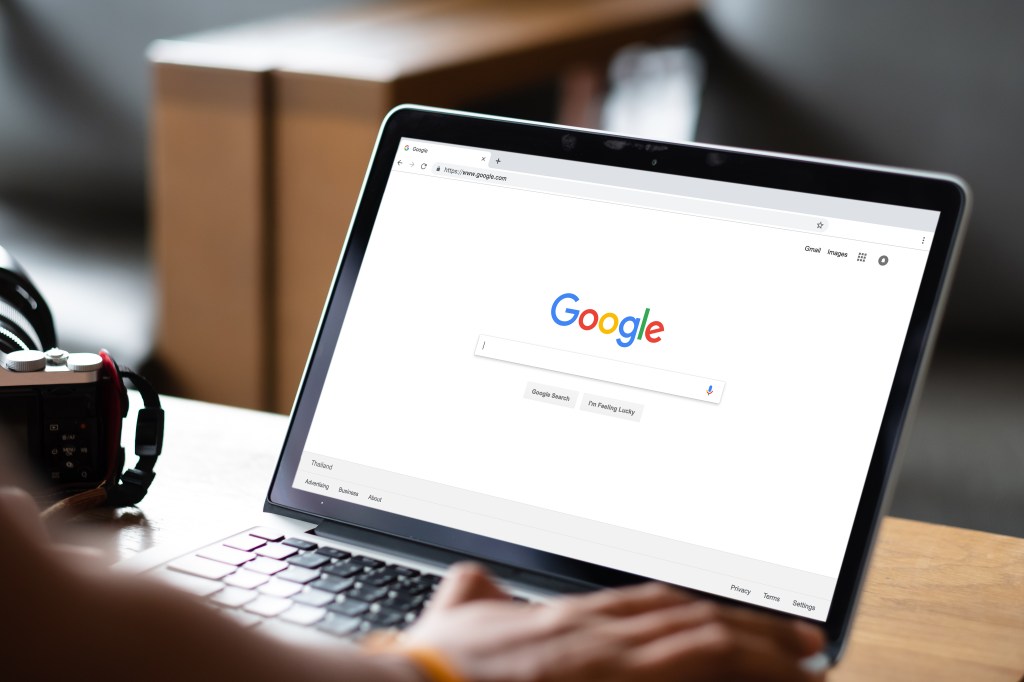The judge who oversees the historical issue of antitrust against the lawyers of the Google Print Department if potential research engine rivals will have a place to increase between an increase in artificial intelligence – a critical question as he considers the impetus of the government to disrupt its illegal monopoly.
US District Judge Amit Mehta – who labeled Google a “monopoly” in a special trial that ended last year – went into the matter while concluding the medication phase arguments in a court in Washington on Friday.
“Do you think someone will be on stage and build a new general search engine in the light of what we are seeing?” Mehta asked, referring to raising search tools with the one offered by Google and others.
Doj’s lawyer David Dahlquist described the so -called generating as “gateway to search”, while hitting the agency’s argument that any court -ordered legal environment must address new and future technology, not just Google’s past indexes.
“The reason we are so focused on Gen He is because this is the new point of searching,” Dahlquist said.
Doj has asked Mehta to force Google to sell his chrome internet browser and ensure that he cannot use his tools to further his illegal monopoly on industry – among other proposed adjustments.
Mehta has said he will make a final decision until August.
In addition to a displacement of chrome -centered remedies and he has argued that Google should no longer be allowed to pay companies as Apple to ensure that his search engine is set as the predetermined option on most smartphones.
Feds also want to force Google to share search data with rivals. Their proposal also suggests that Google sells its Android operating system if the initial remedies are ineffective.
Google has pushed back, arguing that the DOJ proposals go beyond the initial decision of the judge and will “disrupt these platforms”.
The company has gone so far as to suggest that a forced division would endanger the US national security and allow China to beat the US in the race to build it advanced.

Google also argued that he faces fierce competition from other energy platforms he, such as those offered by Sam Altman’s Openai.
“The case I want ignores how intense competition has transformed the industry. Well-funded services such as chatgpt, Grok, Deepseek, Purplexity and Meta are rapidly gaining users and distribution, and adding innovations at a sharp pace,” said Google Vice-President of Lee-Anne Mulholland in a blog post.
While closing the arguments, Google lawyer John Schmidtlein said the company has already addressed the search concerns linked to him by no longer pursuing exclusivity deals with wireless carriers and smartphone manufacturers, including Samsung.
Earlier in the medicine trial, an Openai executive said the company would be interested in taking Chrome if it were for sale. The executive also acknowledged that Openai would benefit if he had access to Google search data.
#Judge #Google #Antitrust #Judgment #Print #Doj #role #future #competition
Image Source : nypost.com